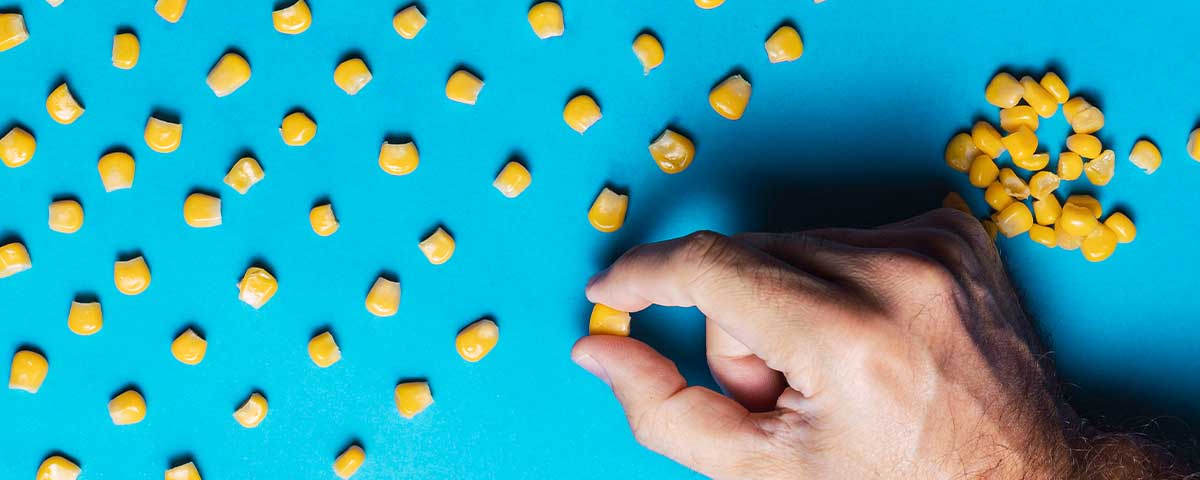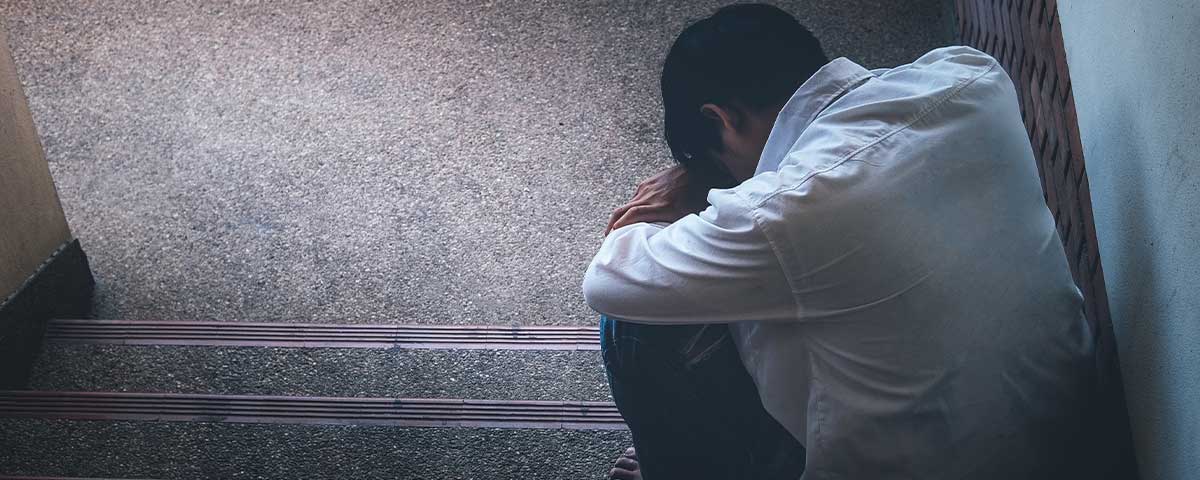


The Different Subtypes of OCD
April 20, 2022

Can’t Keep a Job Due to Anxiety? Follow These Tips
May 2, 2022How to Overcome Situational Depression


When a stressful or devastating event triggers a period of depression, this is referred to as situational depression. It’s common for people to experience depressive side effects every once in a while, especially when there’s an evident cause. Situational depression is different from clinical depression or major depressive disorder (MDD) because it’s caused by a specific event. Although their symptoms are similar, their causes aren’t. If you’re currently going through a similar period, below is a guide on how to overcome situational depression.
What Causes Situational Depression?
While clinical depression may happen with or without a specific stressor, situational depression is normally caused by a specific event. Many life events can trigger moments of depression. Some are traumatic, while others may be happy events that require a lot of change, such as moving to a new school or state.
Typical situation depression triggers include:
- Car accident
- Divorce
- Experiencing a crime
- Family problems
- Global pandemics (like COVID-19)
- Having a baby
- Illness or difficult diagnosis
- Loss of a loved one
- Loss of a pet
- Unemployment or loss of a job
- Moving
- Natural disaster
- Relationship problems
- Marriage or divorce
- Retirement
- Starting a new job
- Problems at work and/or school
Situational depression symptoms usually go away after enough time passes following the stressful event. Your mood may improve, and things may start to look up. However, if your depression does not go away after a certain period, you may have a more serious form of depression that requires professional support. Our Florida mental health rehab offers depression treatment on various levels of care to help you find solid ground in your recovery and develop ways to cope with your symptoms.
Guide on How to Overcome Situational Depression
Although what you’re experiencing may not be clinical depression, it’s still a heavyweight on your mental health that should be addressed. So what are some ways of coping with situational depression that are both realistic and effective? Below are a few tips that can help you.
Eat a Well-Rounded Diet
Eating well for mental health is important! What you put into your body can have a lot to do with your mood. For instance, whole foods that are high in sugar and carbs offer immediate satisfaction, but this feeling is short-lived. Over time, relying on sugary foods and even high amounts of caffeine can take a toll on your mental health and your physical health, as well, which can make your depression worse.
Instead, go for nutrient-rich foods, proteins, and complex carbs like brown rice and starchy vegetables to give you energy. Some foods you can incorporate into your diet to improve your mood include olive oil, avocado, fish, eggs, nuts, flaxseeds, chicken, soybeans, and sweet potatoes.
Exercise Regularly
Professionals have said it millions of times, and we’ll say it again: exercise is good for your mental health. Even doing something as basic as a 30 to 45-minute walk around your neighborhood or on a treadmill can release endorphins and boost serotonin levels, making you happier. For this reason, exercise is also a great way to manage any stress that may be contributing to your depressed mood. Invite a loved one to go with you on your walks or start a workout plan with you to make it a bit more fun.
Get Enough Sleep
Sleep is good for your physical and mental health. If you look back on any of the times you were sleep-deprived, I’m sure you’d remember feeling cranky, moody, and “done” with the day. The days when we wake up already counting down the minutes until we can go back to bed can be mentally exhausting, as well.
For this reason, it’s important to get at least eight hours of sleep every night. If you know that being on your phone at night is a distraction, turn it off or hold yourself accountable and put it down at a certain time. Avoid watching TV or anything else that might keep you awake longer than you should be. You can also implement a relaxing nighttime routine to prepare you for a restful night.
Spend Time with Loved Ones
Isolation is a common symptom of depression, but it’s crucial to remain close to the people who love you. Whether it’s a parent, friend, cousin, or spouse, these are the people who can make you smile and laugh when you don’t want to. Although we’ll talk about how important alone time is in a second, it’s equally important to surround yourself with a strong support system as a way of overcoming situational depression. In doing so, you might even be helping the other person if they’re also experiencing a similar struggle, such as sharing the death of a loved one in the family.
Journal
Journaling is one of the most common mental health tips out there. You don’t have to write elaborate letters. You can simply write down anything you’re feeling or thinking. Journaling is a form of private introspection. Spilling your thoughts out on paper offers you a safe and private space where you can collect and mull over your thoughts.
Make Time For Yourself
Remember the alone time we mentioned earlier? Well, daily making time for yourself is another way you can deal with situational depression. Otherwise known as a self-care routine, set aside sometime every day to do things you love, such as reading, watching YouTube videos, drawing or painting, sewing, and more. Applying your energy to work, school and family can be physically and mentally exhausting, so it’s important to make some “me time” for yourself every day.
Need Help for Depression?
If you followed our guide on how to cope with situational depression but haven’t noticed any improvement, you may need some reinforcements. Specialists at our Banyan Mental Health facility can help you get back on track and adopt healthy coping skills to manage your symptoms.
From depression to schizophrenia treatment, we offer various levels of mental health care for all kinds of disorders. Know someone who could use the help? Call our treatment center for mental health today at 888-280-4763 to find out how to get started.
Related Reading:
Effects of Taking Antidepressants When Not Depressed
Anhedonia and Depression
Signs of High-Functioning Depression







